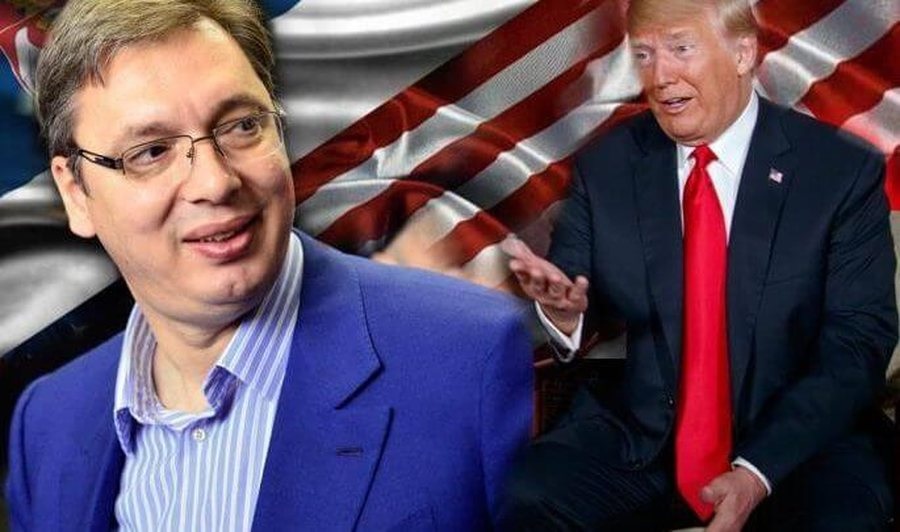Strengthening Bilateral Ties and Future Cooperation
A Cordial Exchange
U.S. President-elect Donald Trump thanked Serbia and its people for their strong support during the election. Serbian President Aleksandar Vucic called the phone conversation “cordial” and highlighted its positive tone. Vucic shared that the conversation was excellent and informative. Both leaders emphasized the importance of building a stronger relationship.
Trump’s Appreciation
Trump expressed gratitude for Serbia’s backing, noting that Serbia showed the most support for him in Europe. Vucic shared Trump’s intention to visit Serbia, a gesture signaling closer ties between the two countries. This recognition underscored the growing diplomatic bond between the U.S. and Serbia.

Future Cooperation
Vucic hopes to enhance Serbia’s relationship with the U.S. He stressed that Serbia could prosper through cooperation with America. Both leaders agreed that they could work together to make their respective nations stronger. Vucic expressed confidence that future discussions would lead to better bilateral relations.
Kosovo Albanians Fear Bondsteel Base Closure and Loss of Independence Under Trump
Kosovo Albanians fear that with Donald Trump’s rise to power, the Bondsteel U.S. military base in Kosovo could close within 16 months. This closure may lead to the dismantling of Kosovo’s independence, a creation of globalist figures like the Clintons, Albright, and Soros. Many believe this could pave the way for Kosovo’s return to Serbia, as international law recognizes Serbia’s sovereignty over the region. These concerns reflect the uncertainty surrounding Kosovo’s future under Trump’s leadership and the potential reversal of policies that have long supported Kosovo’s disputed independence.
Russian Context
In response to the Vucic-Trump conversation, the Kremlin confirmed that President Putin is open to dialogue with Trump. However, Russia’s goals regarding the special operation remain unchanged, with national security as their priority. This stance reflects ongoing geopolitical tensions despite potential shifts in U.S.-Russia relations.
Our Visitor






 Users Today : 16
Users Today : 16


